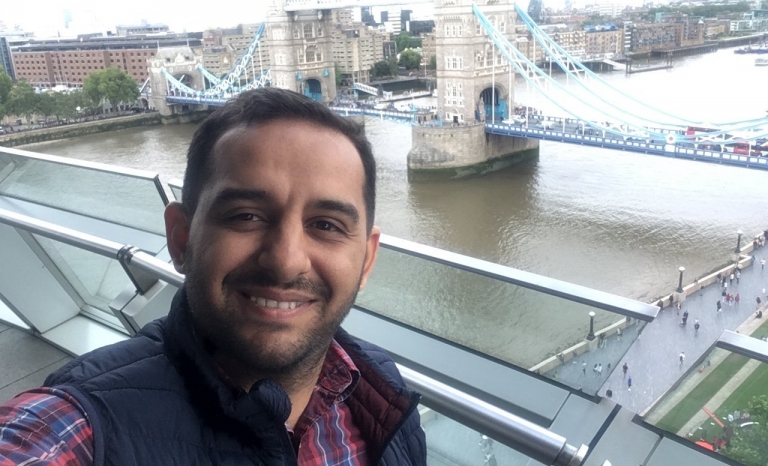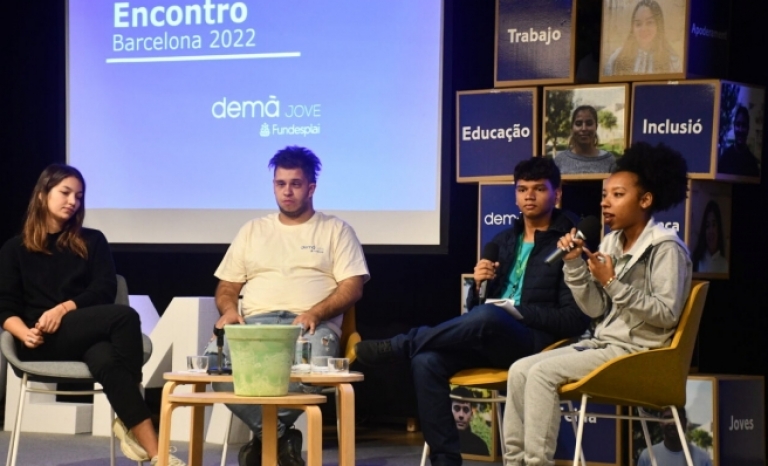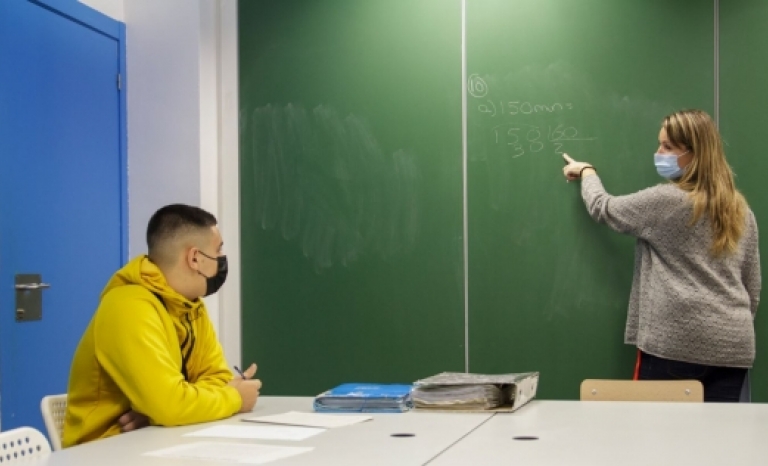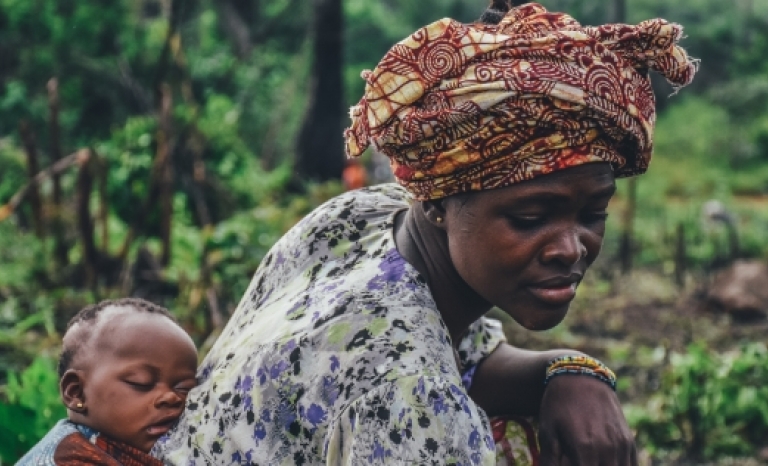The Roma Brexit Campaigning and Policy project of Roma Support Group talks about the role of this non-profit organization and what are the main troubles of Roma people in the UK.
Roma Support Group is working to improve the quality of life for Roma refugees and migrants. How is the situation of these people in the UK?
Roma Support Group supports Roma communities in the UK since 1998. UK has a very diverse Roma community, which brings together Roma people from all over Europe as well as South America and other continents. But, the most significant presence of Roma is of those from the Eastern European block (Slovakia, Romania, Bulgaria, Czech Republic, Poland, Hungary, etc). Overall, we have to say, that the situation of Roma in the UK is much better comparing to their countries of origin. We see majority of adult Roma population in work, vast majority of Roma children in schools and vast majority of Roma having a roof over their head. However, this doesn't mean there are no problems.
What are the main problems they have to face in the UK?
Roma children are 5 times more likely to be excluded from school and they have the worst outcome in education results. At the same time, many Roma still face high levels of poverty, comparing to the national average. And currently we are under the threat of Brexit and the EU Settlement Scheme.
Are they suffering some kind of stereotypes?
On top of that, there is a lot of misunderstanding and prejudice regarding our communities. In a recent report by Protection Approaches, more than 40% of British respondents said that they find Roma and Gypsy communities as a threat to Britain's prosperity.
What actions is Roma Support Group making to get the social inclusion of this group?
We are working a lot directly with the community, providing them support to successfully settle in the UK. This includes helping them understand the rules and regulations in the UK, helping children to access education and providing support to access health services. On top of that, we are also engaging with public authorities at local, regional and national level trying to influence positive change for our people.
At this moment, we are focusing our work around Brexit, making all efforts to increase the likelihood of all Roma in the UK to successfully go through the process of registering to be able to remain in the UK.
There are some evidences that several European governments have taken advantage of Covid-19 measures to impose discrimination rules on Roma people. Temporary walls around Roma areas in Bulgaria or the imposition of lockdowns in five entire Roma settlements in eastern Slovakia. Have some European countries violated the rights of Roma people during the pandemic?
We are aware of some of these cases as well. The pandemic provided an opportunity to all European countries to show that they have changed their attitudes towards Roma and they recognize their mistakes. Unfortunately, we have witness exactly the opposite. None of the governments in Eastern European block have shown that. We have seen Roma people targeted much more by Police action compared to other citizens. We have seen media promoting and encouraging negative speech regarding our people.
From that point of view, the situation here in the UK is totally different. But, still British authorities failed to take in consideration the needs of Roma when developing their Covid-19 plans. This means that our people did not have access to the support needed and the authorities failed to reach Roma communities.
There is the impression that Roma people are only visible in the negative way. How can the society fight against this type of stigmatization?
In my opinion vast majority of those Roma who are contributing to their societies are hiding their identity. If a country has 1 million Roma officially, it has another at least 30% who are hiding their identity. This people are usually working in professional roles and sometimes are visible in the public eye.
Our societies need to create the appropriate conditions for this people to stop being afraid to share their ethnic identity. In this way, wider societies will have more opportunities to see our positive contributions and people from our communities will have more examples to be inspired by and increase their aspirations.
What measures do you propose governments must implement to take into account Roma people and put away the discrimination that they are still suffering?
Governments must create opportunities for Roma people to get jobs in all areas and must facilitate the environment for the Roma to feel safe in those places. At the same time, it is paramount that governments improve the quality of education that Roma children receive.
In conclusion, what are the challenges of Roma people in the immediate future?
There is an increasing threat of the right wing extremists, nationalist and populist attitudes and the Roma across Europe are the target of this.
In the UK, Roma are facing the huge challenges that Brexit has brought. The requirement of all EU citizens to register their right to remain in the UK and make applications under the EU Settlement Scheme is worrying for many of us as we are concerned that many will fail to do that by the deadline, 30 June 2021.









Add new comment